Description
-

Joy R. Samuels – 2-Day Grief Treatment Certification Course: Evidence-Based Strategies for Helping Clients Make Meaning After Loss
- Faculty:
- Joy R. Samuels
- Duration:
- 12 Hours 21 Minutes
- Format:
- Audio and Video
- Copyright:
- Mar 05, 2020
Description
Your client’s world has been shattered following the loss of a loved one. Not only are they adjusting to these days and weeks without that person, but they are also struggling with changes to their sense of self. Who are they now as they navigate this new world? Your client is stuck in a place of paralyzing sorrow, and you’re unsure of what else to do to help.
You can transform the way you treat grieving clients with the tools and strategies you’ll learn in this 2-day Comprehensive Course!
Watch Rev. Dr. Joy Samuels, LPC-MHSP, NCC, in this recording as she leads you through the process of working with bereaved individuals and aiding them with making meaning after loss. You’ll learn evidence-based counseling strategies appropriate for the treatment of multiple types of losses, and you’ll acquire the skills you need to tailor clinical interventions to the uniqueness of each client’s grief experiences.
Watch this advanced recording and you’ll learn how to guide your clients through making meaning after loss – drastically increasing their well-being and reducing symptoms of complicated grief. You’ll walk away with the tools you need to help your clients live fulfilling lives after loss.
Best of all, upon completion of this self-study program, you’ll be eligible to become a Certified Grief Counseling Specialist (CGCS) through Evergreen Certifications. Certification lets colleagues, employers, and caregivers know that you’ve invested the extra time and effort necessary to understand the complexities of grief counseling. Professional standards apply. Visit www.evergreencertifications.com/cgcs for details.
Purchase today to revolutionize your work with grieving clients!
Handouts
| Manual – 2-Day Comprehensive Grief Treatment Course (4.7 MB) | 111 Pages | Available after Purchase |
Outline
Types of Grief & Their Implications for Treatment
- Disenfranchised grief
- Persistent Complex Bereavement Disorder
- Traumatic bereavement
- Complicated Grief
- Common trajectories for grief
- Recognize complicated grief
- Risk factors for complicated grief
- Treatment Interventions
- Types of Loss & Their Impact on Grieving
- Parental loss
- Child loss
- Widowhood
- Non-death losses
Assessment: Intake Considerations for Grieving Clients
- Current conceptualization models
- Recognize different expressions of grief
- Factors impacting the grief experience
- Assess for depression and suicide ideation
- Differentiate between depression, grief, & PTSD
- Use of Adjustment Disorder diagnosis with grief clients
- Determine how the client understands their grief narrative
- Persistent complex bereavement disorder
- DSM-5® changes to Major Depressive Disorder
- Take home assessment tools
Cultural Considerations for Grief Treatment
- Cultural factors affecting expression of grief
- Impact on mourning practices
- Culture’s impact on death anxiety & meaning of life
- Determine where the identity emphasis lies
- Cultural values regarding emotional expression and disclosure
- The impact of society on grief
Grief Treatment: Interventions & Strategies to Improve Clinical Outcomes
- Assist clients with expressing their pain
- Integrate a new inner image of the deceased
- Client self-assessment strategies for coping
- Foster client relaxation skills
- Let the client lead: Starting point, story, & stopping point
- Cultivate acceptance
- Elicit emotional availability in clients
- Give clients “permission” to not share stories
- Focus on planning – not positivity
- Develop healthy grief rituals
- Target guilt due to stopping grief rituals
- Build a bridge between memories, current behaviors, & underlying values
- Help clients accept the finality of the death
- Navigate the treatment of multiple losses
In-Session Activities: On-the-Spot Interventions to Facilitate Healing
- The client “influence of loss” chart
- Use loving kindness meditation to build self-compassion in clients
- ”Who am I?” exercise
- Utilize client letters to self
Grief Across the Lifespan: Help Your Clients Heal at Any Developmental Stage
- Developmental considerations & milestones related to loss reactions for:
- Children
- Adolescents
- Early adulthood
- Middle adulthood
- Later adulthood
Grief & the Family: Guide Families Through Healthy Grieving
- Family systems theory: Family influences on individual grief
- Variables that complicate family adaptation
- Strategies to guide family adaptation to loss
- Develop respect for different grieving styles
- The role of gender norms
- ”Family coat of arms” activity
Professional Issues: Ethical Considerations for Working with Grieving Clients, Their Families, & the Terminally Ill
- Ethical dilemmas that confront the terminally ill
- Ethical principles of end-of-life decisions
- The clinician’s role in addressing psychological suffering & needs of the terminally ill
- Impact of cause of death on social isolation
- Identify the core values and principles of professional ethical behavior
- Boundaries of professional competence
Faculty

Joy R. Samuels, D.MIN., LPC-MHSP, NCC Related seminars and products: 4
JOY R. SAMUELS, D.MIN., LPC-MHSP, NCC, has over 25 years’ experience as a licensed professional counselor, Fellow in Thanatology, chaplain, and ordained minister. She teaches in the graduate clinical mental health psychology department at Lipscomb University and at Candler School of Theology at Emory University in the United Methodist Church Course of Studies. She maintains a private counseling practice and supervises those seeking licensure as a LPC-MHSP.
Dr. Samuels holds D. MIN. and MDIV. degrees from Wesley Theological Seminary, Washington, DC. Additionally, she holds an M.S. degree in counseling psychology from California State University, Northridge, CA, and a counseling certificate in substance abuse from the Northern Virginia Community College, Annadale, VA. Among her areas of expertise are individual, couples and family counseling, trauma and bereavement, and post-masters supervision.
Speaker Disclosures:
Financial: Joy Samuels is in private practice. She is an adjunct faculty at Lipscomb University. Dr. Samuels receives a speaking honorarium from PESI, Inc.
Non-financial: Joy Samuels is a Fellow in Thanatology.
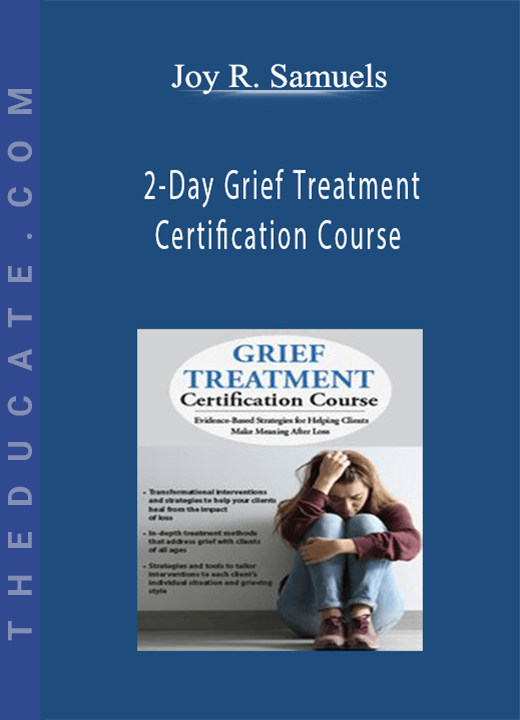

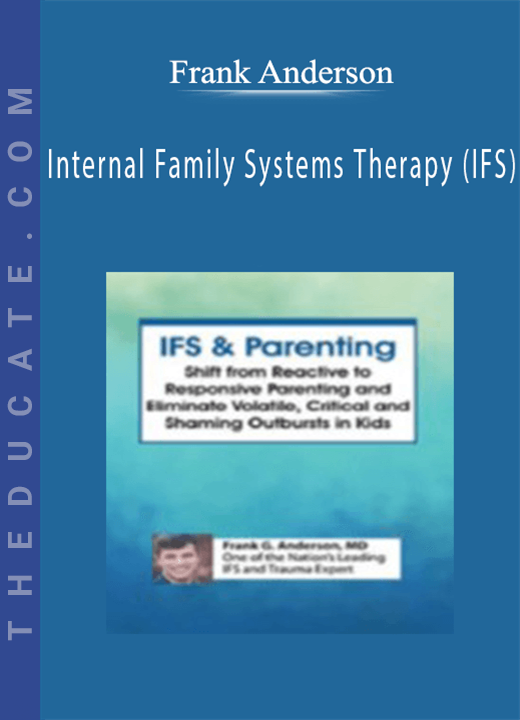
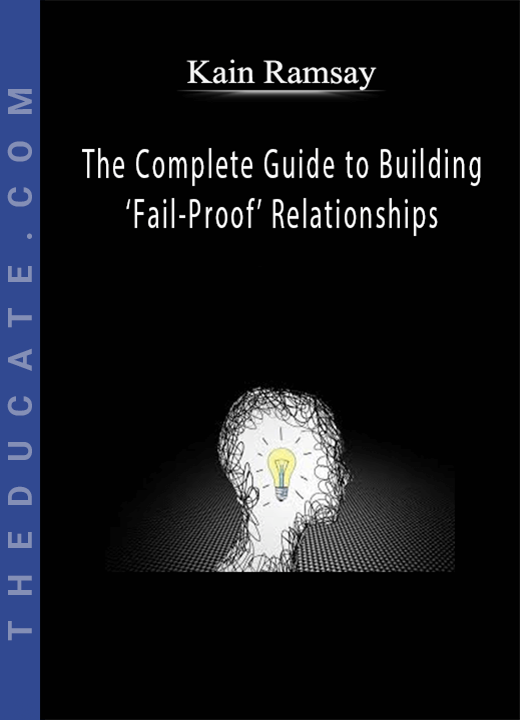
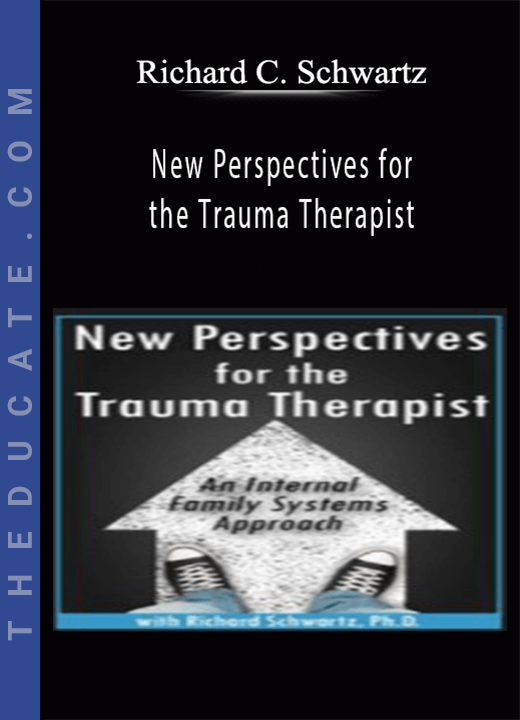
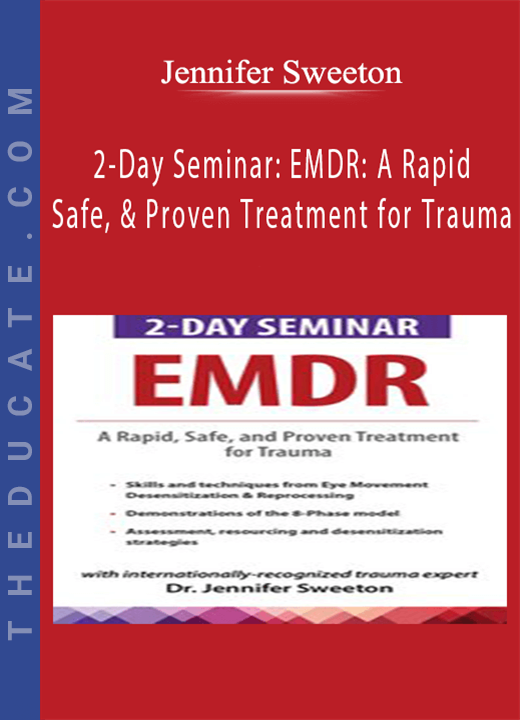
6 reviews for Joy R. Samuels – 2-Day Grief Treatment Certification Course: Evidence-Based Strategies for Helping Clients Make Meaning After Loss
There are no reviews yet.